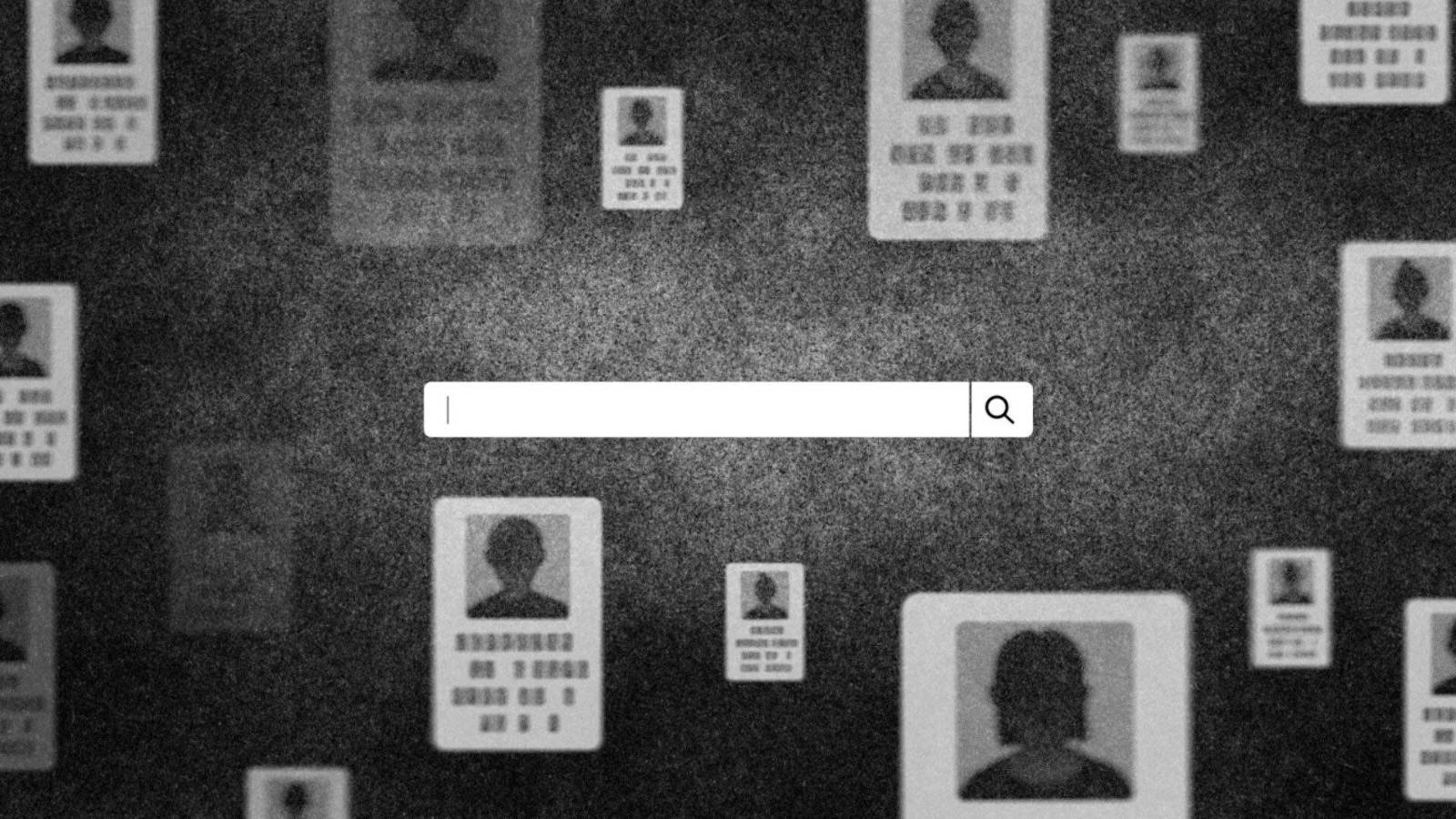How a China data leak is giving Uyghurs answers about missing family members
By Rebecca Wright, Ivan Watson and the Visuals Team, CNN
A smaller subset of this data — known as the Xinjiang Police Files — was published last May. Further examination of the files then revealed their full extent, uncovering approximately 830,000 individuals across 11,477 documents and thousands of photographs.
The police files were hacked and leaked by an anonymous individual, then obtained by Adrian Zenz, a director of China Studies at the Victims of Communism Memorial Foundation, a US-based non-profit. Zenz and his team spent months developing the search tool, which they hope will empower the Uyghur diaspora with concrete information about their relatives, after years of separation and silence.
Using the new online search tool, CNN tracked down the records for 22 individuals after trialing it among the Uyghur diaspora across three continents.
For the first time, exiled Uyghurs were able to see official Chinese documents about the fate of their relatives, including why they were detained — and in some cases how they died. On seeing the files, some described a sense of empowerment; others felt guilt that their worst fears had been confirmed.
The Chinese government has never denied the legitimacy of the files, but state-run news outlet The Global Times recently described Zenz as a “rumor monger,” and called his analysis of the files “disinformation.”
‘Tens of thousands’ detained
The new website represents the largest data set ever made publicly available on Xinjiang. It allows people to search for hundreds of thousands of individuals in the raw files, using their Chinese ID card numbers.
Click here to read the full article

